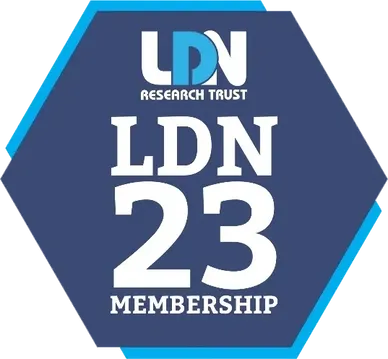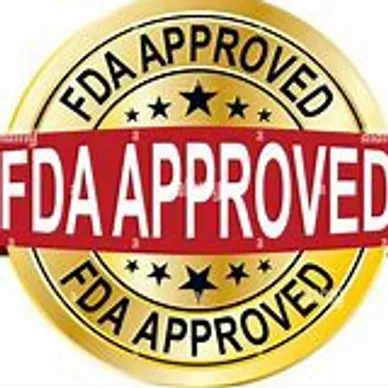Low Dose Naltrexone (LDN)
What Does LDN Do?

Low Dose Naltrexone is an immune-modulating agent that has been shown to help people with autoimmune diseases, cancer, and other neurodegenerative disorders. It has antibodies found with Hashimoto Thyroiditis. It is only available by prescription & dispensed by a compounding pharmacy.
It is known that the body may be lacking endorphins, which are important regulators of the immune system. The endorphins increase the number of natural killer cells and CD-8 cells, which are important to immunity. They also regulate the balance of the helper cells.
What is LDN?

A drug that is simultaneously affordable, devoid of severe side effects, and applicable to a wide range of diseases is one not often found in the modern pharmaceutical landscape. But as medical professionals and researchers alike have discovered, low dose naltrexone (LDN) boasts this remarkable combination. Prescribed off-label and administered in small daily doses, this generic drug has proven useful in treating many different ailments
Dr. Ian S. Zagon

The term "LDN" refers to the use of Naltrexone at low doses. Naltrexone exhibits novel and paradoxical effects when administered at these low doses, as discovered by Dr. Ian S. Zagon and his team at Hershey Medical Center, Penn State University, in 1980.
Naltrexone is a drug that was approved by the FDA in 1985 to treat opiate dependencies. It is marketed as an extended-release tablet. Naltrexone is commonly used daily for treating opiate dependency.
Studies

Since this discovery, numerous laboratory and animal studies have been carried out to investigate the novel effects of LDN in cancer and autoimmune disorders. In 2007, results investigate the novel side effects of LDN for Crohn's Disease were published https://pubmed.ncbi.nlm.nih.gov/17222320/ followed by the publication of a study on multiple sclerosis in 2008 https://pubmed.ncbi.nlm.nih.gov/18728058/
Is LDN a Stand-Alone Treatment?

It is not a stand-alone treatment. It can be taken along with your thyroid medication & treatment of other underlying issues. It is best to treat and eliminate candida and consider doing a Detox Program before beginning an LDN therapy for best results. Mercury is known to bind with Candida and block thyroid hormone conversion. # immune-modulating agent
Side Effects
Any side effects are usually mild and temporary. These include disturbed sleep, vivid or bizarre dreams, tiredness, or fatigue. These usually resolve in 7-10 days, but everyone is unique so results may vary. If sleep issues continue, switching LDN to daytime dosing is an option. We also recommend starting low and going slow on the titration to the optimal dosing. We will guide you on this.
Pregnancy & Breastfeeding: Although there are no significant issues reported in the literature, we do not use LDN therapy during pregnancy or while breastfeeding.
